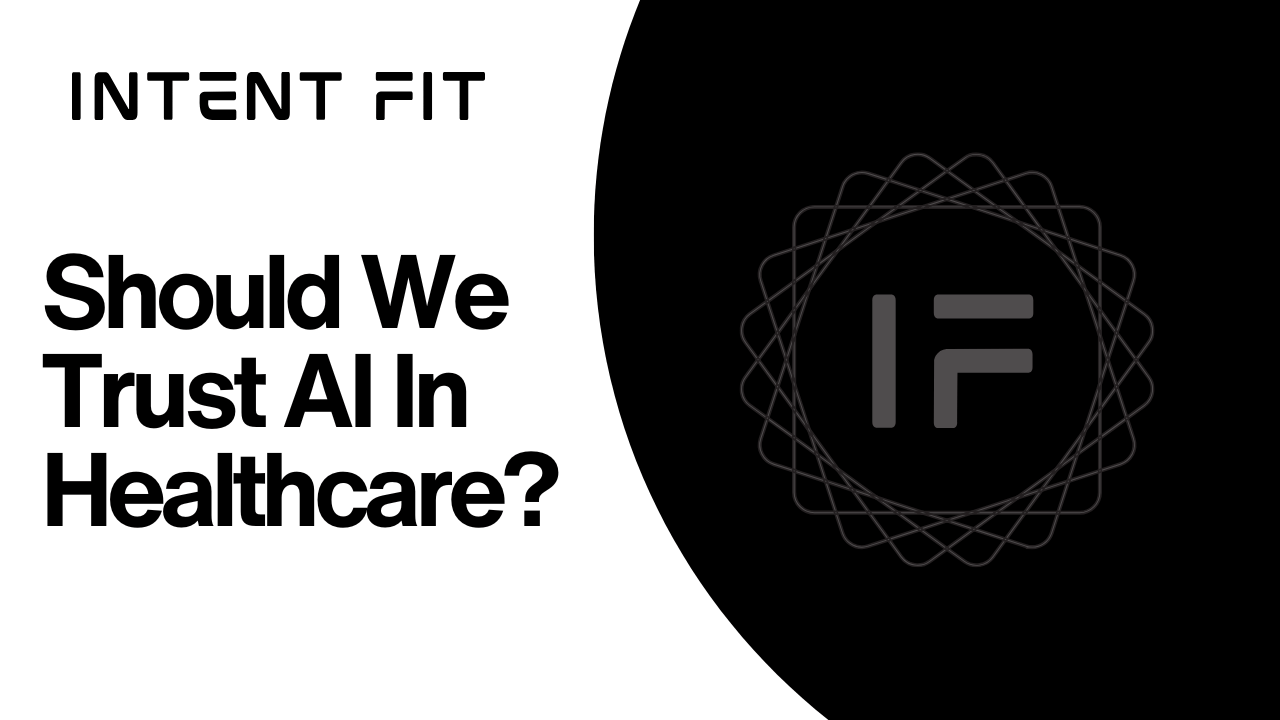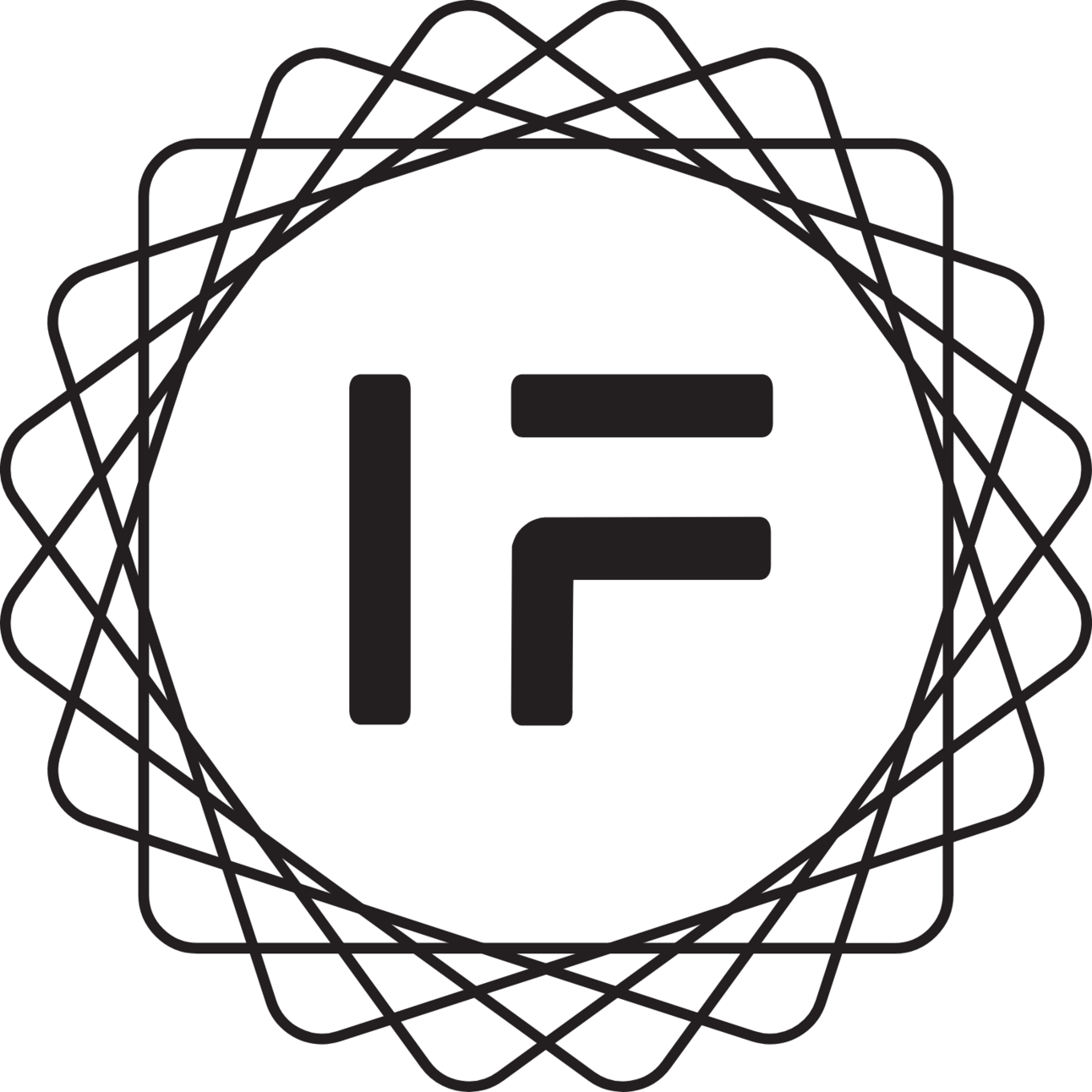- Intent Fit
- Posts
- This AI Mistake Nearly Killed Someone
This AI Mistake Nearly Killed Someone
Should We Trust AI In Healthcare?

>5min read
A 60-year-old man almost lost his life after taking advice from ChatGPT. (1)
It mistakenly recommended that he replace his table salt with sodium bromide.. 🤯
Leading to hospitalization with severe psychiatric symptoms along with bromide toxicity.
Although this may have been a “one-off” scenario
It still raises the question: Where does AI fit in the healthcare space?
WHAT YOU NEED TO KNOW
THE AI TRUST PARADOX
The Numbers: 63% of Americans trust AI for health guidance more than social media (43%) or influencers (41%), but less than doctors (93%). (2)
As it stands, the human element still remains at the top of the trust hierarchy. However, the tide is slowly shifting, and as LLM models continue to learn and leverage greater computing power, the once "reliable" family doctor may risk becoming obsolete.
THE BILLION $ OPPORTUNITY
AI in healthcare is projected to reach $187 billion by 2030. Americans are already using AI for meal planning (25%), workout routines (23%), and emotional support (20%). (3), (4)
When brands position themselves as the “trusted human filter” for AI-driven health information, they tend to dominate offering curated insights backed by human expertise. This space is still in its infancy, and navigating it will be tricky.
THE HUMAN CONNECTION CRISIS
Mental health professionals have begun sounding the alarm that AI chatbots may be fostering emotional dependency, which in some users leads to worsening anxiety.
Of course, there’s an advantage to having support right at your fingertips. But many experts suggest that human empathy offers a deeper, more lasting impact. (5)

Conclusion
These AI models are incredible.
Offering near-infinite knowledge.. (certainly more than any human could ever hope to achieve.)
The truth is.
We are still in their infancy stage.
It’s important to remember that they don’t always get it right.
Proceed with caution.
Trust, but ALWAYS verify.
Remember that LLMs are only as good as the data they’re trained on
Only as honest as the humans programming them..

The Energy You’ve Been Missing
Now you can feel sharp, steady, and fully present—with no crash or jitters.
Korrect Energy™ is your clean alternative to sugary energy drinks and that second (or third) cup of coffee.
Formulated with fast-acting, novel caffeine metabolites and botanicals, it fuels long-lasting energy, enhances focus, and helps you stay locked in—no matter the time zone or task at hand.
🌱 No sugar. No artificial flavors.
🧠 Supports mood, clarity, and stamina
🏃♂️ Great for work, workouts, or everyday hustle
When your energy is Korrect, everything flows.
These statements have not been evaluated by the Food and Drug Administration. This product is not intended to diagnose, treat, cure, or prevent any disease.
QUICK HITS
79% of Americans research health information online—making digital health literacy more critical than ever (2)
Mental Health Alert: Several jurisdictions are considering regulation of AI therapy chatbots due to safety concerns
Market Reality: AI health tools show promise for mild-to-moderate symptoms but struggle with complex emotional nuance
Privacy Warning: Implementation Reality: Over 70% of US healthcare organizations now use AI chatbots, but navigating HIPAA compliance, FDA regulations, and ethical concerns around algorithm bias remains a major challenge for providers. (5)
Let us know what you think of this weeks content 🙏🏼 (We love your feedback!) |
Citations
Kritz, F. (2025, August 25). Why you should never use ChatGPT for health advice. Verywell Health. The article discusses the dangers of relying on AI for medical guidance, highlighting a case where ChatGPT advice led to bromide toxicity requiring hospitalization. Verywell Health
Annenberg Public Policy Center. (2025, July 14). Many in U.S. consider AI-generated health information useful and reliable. Reports that 63% of Americans find AI-generated health information somewhat or very reliable, though nearly half are uncomfortable with health care providers relying on AI over experience. Annenberg Public Policy Center
Grand View Research. (2025). AI in healthcare market size, share & trends analysis report, 2025–2030. The global AI in healthcare market is projected to grow from $26.57 billion in 2024 to $187.69 billion by 2030, a 38.62% CAGR. Grand View Research
Talker Research for The Vitamin Shoppe. (2025, July 24). More than 1 in 3 Americans are using AI to manage their health. Reports that Americans use AI for meal planning (25%), workout routines (23%), and emotional support (20%). Verywell HealthAnnenberg Public Policy Center
(Note: Since the original New York Post article references the survey, it's cited via Verywell Health which included it.)Simbo AI. (n.d.). Navigating the challenges of implementing AI chatbots in healthcare: Data privacy, security, and ethical considerations. Discusses privacy, ethical, and regulatory challenges of AI chatbot deployment—including HIPAA compliance, bias, explainability, and the balance between automation and empathy. Simbo AI
*Disclaimer - This content is intended for educational and personal development purposes only. It is not a substitute for professional medical advice, diagnosis, or treatment. Always consult with a qualified healthcare provider before starting any new fitness, nutrition, or wellness program.



Reply